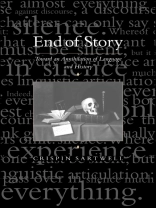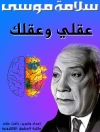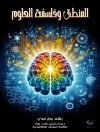Argues that the academy’s obsession with language, and in particular with narrative, has become a sort of disease.
In End of Story, Crispin Sartwell maintains that the academy is obsessed with language, and with narrative in particular. Narrative has been held to constitute or explain time, action, value, history, and human identity. Sartwell argues that this obsession with language and narrative has become a sort of disease. Pitting such thinkers as Kierkegaard, Bataille, and Epictetus against the narrativism of Mac Intyre, Ricoeur, and Aristotle, Sartwell celebrates the ways narratives and selves disintegrate and recommends a lapse into ecstatic or mundane incoherence. As the book rollicks through Wodehouse, Thoreau, the Book of Job, still-life painting, and Sartwell’s autobiography, there emerges a hopeful if bizarre new sense of who we are and what we can be.
Mục lục
Acknowledgments
Introduction: Putting Language in Its Place
1. Telos and Torture
2. Sign and Sin
3. History and Multiplicity
4. Presence and Fate
Index
Giới thiệu về tác giả
Crispin Sartwell is Associate Professor of Philosophy at Dickinson College. He is the author of many books, including The Art of Living: Aesthetics of the Ordinary in World Spiritual Traditions; Obscenity, Anarchy, Reality; End of Story: Toward an Annihilation of Language and History; Extreme Virtue: Truth and Leadership in Five Great American Lives; Against the State: An Introduction to Anarchist Political Theory; and How to Escape: Magic, Madness, Beauty, and Cynicism, all published by SUNY Press.












